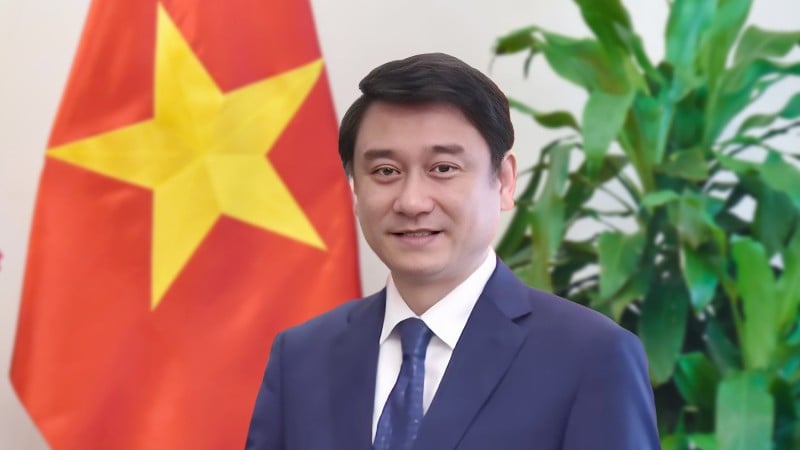
On the occasion of the 80th anniversary of the establishment of the diplomatic sector, Deputy Minister of Foreign Affairs Le Anh Tuan gave an interview to the press about the digital transformation of the diplomatic sector. Nhan Dan Newspaper respectfully introduces the content of the interview.
Reporter: Could you please tell us how digital transformation in the diplomatic sector has been taking place recently, especially after the Politburo issued Resolution No. 57-NQ/TW dated December 22, 2024 on breakthroughs in science and technology development, innovation and national digital transformation?
Deputy Minister of Foreign Affairs Le Anh Tuan: Digital transformation is no longer a new concept or trend, but has become a reality and an inevitable requirement in most areas of life, including foreign affairs. Since the beginning of 2025, with the participation and strong direction of the entire political system from the highest level, demonstrated through Resolution No. 57-NQ/TW of the Politburo on breakthroughs in science, technology, innovation and national digital transformation, digital transformation has been given a very high priority by the Party with a series of tasks that need to be implemented in a short time.
General Secretary To Lam, Head of the Central Steering Committee for Science, Technology, Innovation and Digital Transformation, affirmed: “Digital transformation is not simply the application of digital technology to socio-economic activities, but also the process of establishing a new, advanced and modern production method - “digital production method”, in which the characteristic of the productive forces is the harmonious combination of humans and artificial intelligence; data becomes a resource, an important means of production; at the same time, production relations also have profound changes, especially in the form of ownership and distribution of digital means of production”.
The Ministry of Foreign Affairs, a government agency performing the function of state management of foreign affairs, has early identified digital transformation as a key task to modernize the organization, innovate operating methods, and better serve foreign affairs tasks in the period of deep and comprehensive international integration.
Under the leadership and close direction of the leadership team, directly by Deputy Prime Minister and Minister Bui Thanh Son, the Ministry of Foreign Affairs has focused on developing plans and solutions to implement urgent tasks on information technology and digital transformation. The highest and ultimate goal is to improve the efficiency in performing the functions and tasks of the Ministry of Foreign Affairs, aiming to better serve the people and businesses.
With the spirit of close direction and urgent implementation, the units in the Ministry, together with the staff and civil servants working on information technology and digital transformation, have devoted all their heart and strength to carry out the task. Up to now, the Ministry has achieved a number of positive results, especially in building e-Government, digital Government, administrative reform and database development.
Specifically, 100% of administrative procedures are uploaded to the Ministry-level administrative procedure settlement information system, connecting this system with the national level. The Ministry of Foreign Affairs has also issued a Plan to respond to the "Digital Literacy Movement" in the diplomatic sector; deploy training and coaching on new software and digital platforms that are about to be put into use under the Ministry's e-Government construction project.
The Ministry of Foreign Affairs also officially put into use and deployed the three most important digital transformation platforms to serve the direction and administration, data sharing and administrative reform, which are: The Ministry of Foreign Affairs' electronic information portal - providing information on the Party and State's foreign policies and guidelines, and the activities of the Ministry's leaders, which is the official information channel to help enhance two-way communication between the Ministry and people and organizations at home and abroad as well as connecting to provide online public services; The online document management and administration system - the center of the Ministry's internal digitalization process; The Ministry of Foreign Affairs' integrated data sharing platform - ensuring smooth connection and multi-dimensional data connection for the Ministry.
The simultaneous deployment of three digital platforms not only marks an important step forward in modernizing the Ministry of Foreign Affairs' information technology infrastructure, but also clearly demonstrates the commitment to implementing Resolution No. 57 of the Politburo and Resolution No. 03/NQ-CP of the Government on promoting national digital transformation.
In particular, the Ministry of Foreign Affairs is one of the leading agencies in promoting social media communication for foreign information and propaganda work. Since 2015, the Ministry of Foreign Affairs has initiated and used social media for information and propaganda and is currently operating accounts on the most popular platforms such as Facebook (in Vietnamese) and Twitter (in English), contributing to spreading information and reaching more target groups in more locations.
Reporter: Inspired by the "Popular Education" movement initiated by President Ho Chi Minh in 1945 to improve people's knowledge, the "Popular Digital Education" movement carries a new mission: Universalizing digital skills, helping everyone to access, use and master technology effectively. Could you please tell us how this movement is implemented at the Ministry of Foreign Affairs?
Deputy Foreign Minister Le Anh Tuan: The "Digital Literacy for All" movement is a movement of special political significance, practical, demonstrating the strong political determination of the Party and Government to concretize the Party's guidelines and policies in Resolution No. 57-NQ/TW of the Politburo on breakthroughs in science and technology development, innovation and national digital transformation.
Responding to and implementing the direction of General Secretary To Lam on lifelong learning and implementing the "Digital Literacy for the People" movement, the Ministry of Foreign Affairs recognizes that improving digital capacity, digital knowledge and digital skills to accelerate the modernization of diplomacy is an objective task, a strategic choice, and a top priority in the current period.
Surely each of us remembers the Popular Education Movement of the past, a milestone in the history of the nation - contributing to the eradication of illiteracy, improving people's knowledge, creating a foundation for the country's development. Today, in the context of widespread digital transformation, the new requirement for all diplomatic officers is to be educated in digital knowledge, have understanding and ability to apply advanced technologies such as working in cyberspace, artificial intelligence, digital data mining... to better serve foreign affairs work.
In that context, the need for all diplomats to improve their digital skills is no longer an option, but an urgent and vital requirement. Each diplomat must be a proficient "digital civil servant", an effective "digital ambassador", contributing to bringing the image of Vietnamese diplomacy to the world in the most dynamic and professional way.
The "Digital Popular Education" movement is also a concrete and practical step in the process of implementing the Strategy for building and developing the diplomatic sector to 2030, with a vision to 2045, aiming to build a professional, modern, comprehensive and deeply integrated diplomatic sector.
All cadres, civil servants, public employees, and workers in the diplomatic sector need to actively respond to the "Digital Education for the People" movement. Consider this a "big movement", an opportunity to innovate thinking, improve personal capacity, change thinking and working methods in a digital environment, thereby creating a modern, smart, flexible diplomacy, ready to adapt to all situations in the digital age.
Reporter: In the coming time, how will the diplomatic sector continue to implement digital transformation to move towards "Modern Diplomacy"?
Deputy Foreign Minister Le Anh Tuan: “Modern diplomacy” is not simply the application of digital technology and information technology to adapt to and promote the achievements of the fourth industrial revolution, but also a comprehensive innovation process, not only in the Ministry of Foreign Affairs but also in all agencies working on foreign affairs in the political system; in which, the stage of “building a team of cadres and party members with steadfast political will, professionalism, and innovation” is a decisive factor.
At present, digital and Internet-based technologies such as the Internet of Things (IoT), cloud computing, artificial intelligence (AI) or big data and the emergence of popular social networks such as Twitter, Facebook, Instagram, LinkedIn... along with the trend of digital transformation and digital economic development have provided new tools for diplomatic activities to be faster, reach more target groups and can help diplomatic agencies carry out the process of receiving feedback and adjusting policies in a more flexible and adaptive manner.
The Ministry will develop regulations for coordination and sharing of information and digital data throughout the sector, between the Ministry and ministries, sectors and localities; propose financial mechanisms, investment and operation of digital systems specific to the diplomatic sector. Build and complete a centralized, highly connected and secure digital infrastructure platform, meeting the requirements for processing electronic documents, digital signatures, storing and protecting data throughout the sector according to national security standards; interconnecting domestic units and overseas representative agencies to serve operations, research, external information-communication and internal administration. In addition, strengthen the provision of modern digital equipment for staff working at domestic units and representative agencies.
We also recommend building a digital data warehouse on foreign information, international records, negotiation records, commitments, international treaties that Vietnam participates in... to serve policy analysis and strategic planning, effectively exploiting domestic and foreign foreign data sources; researching the application of artificial intelligence in information synthesis, identifying global trends, early warning, situation analysis, strategic forecasting and decision support.
Within the Ministry of Foreign Affairs, it is necessary to develop a team of technology experts in the diplomatic sector, especially at the focal points for digital transformation and representative agencies in need. Attach criteria for evaluating officials to the capacity to apply technology in professional work….
Promoting the active role of the Ministry of Foreign Affairs in digital transformation, building modern digital diplomacy, contributing to improving the effectiveness of foreign affairs, protecting national interests in the new era.
From courage and intelligence, with the spirit of solidarity, the desire to rise up and decisive action, we will be determined to realize the goal of making digital transformation a new way of working in the industry; thereby contributing practically to building a professional, comprehensive and modern Vietnamese diplomacy in the coming time.
Source: https://nhandan.vn/nang-cao-nang-luc-so-kien-thuc-so-ky-nang-so-day-nhanh-tien-trinh-hien-dai-hoa-nen-ngoai-giao-post903123.html



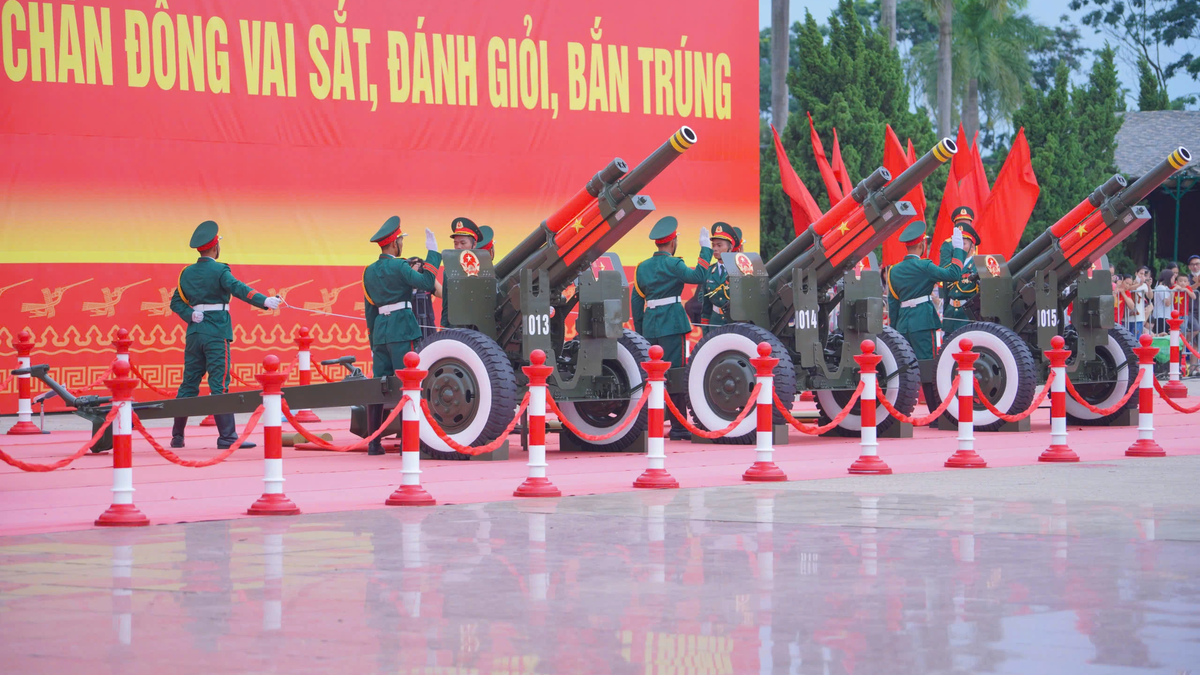
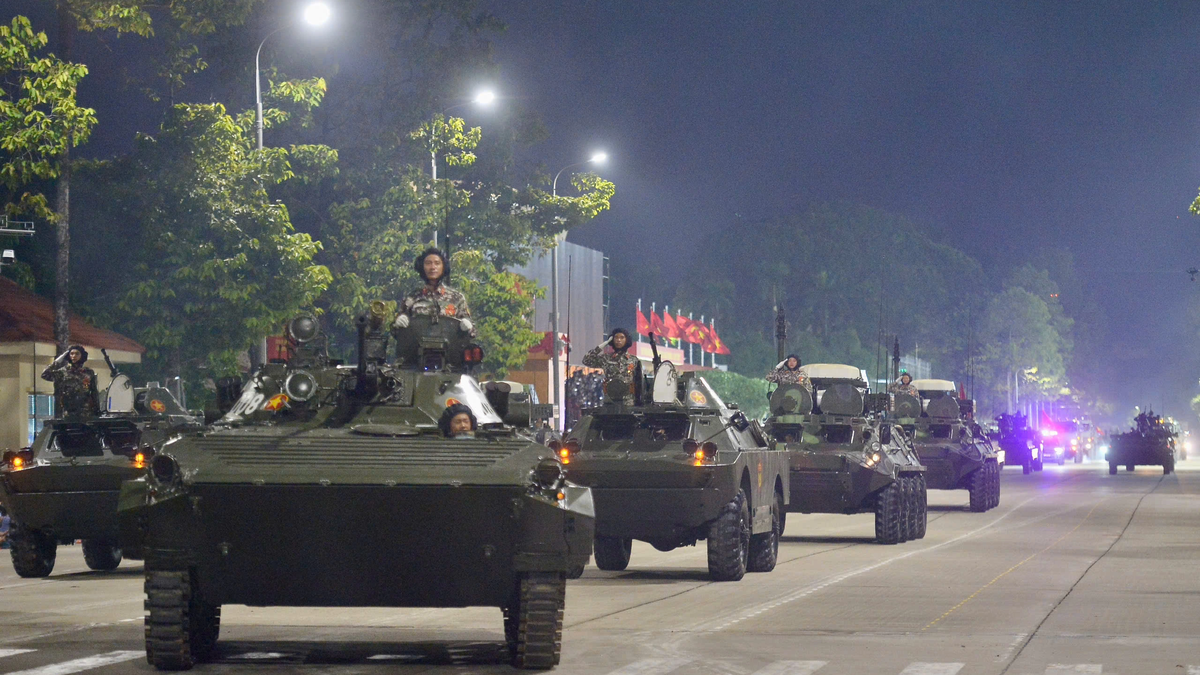
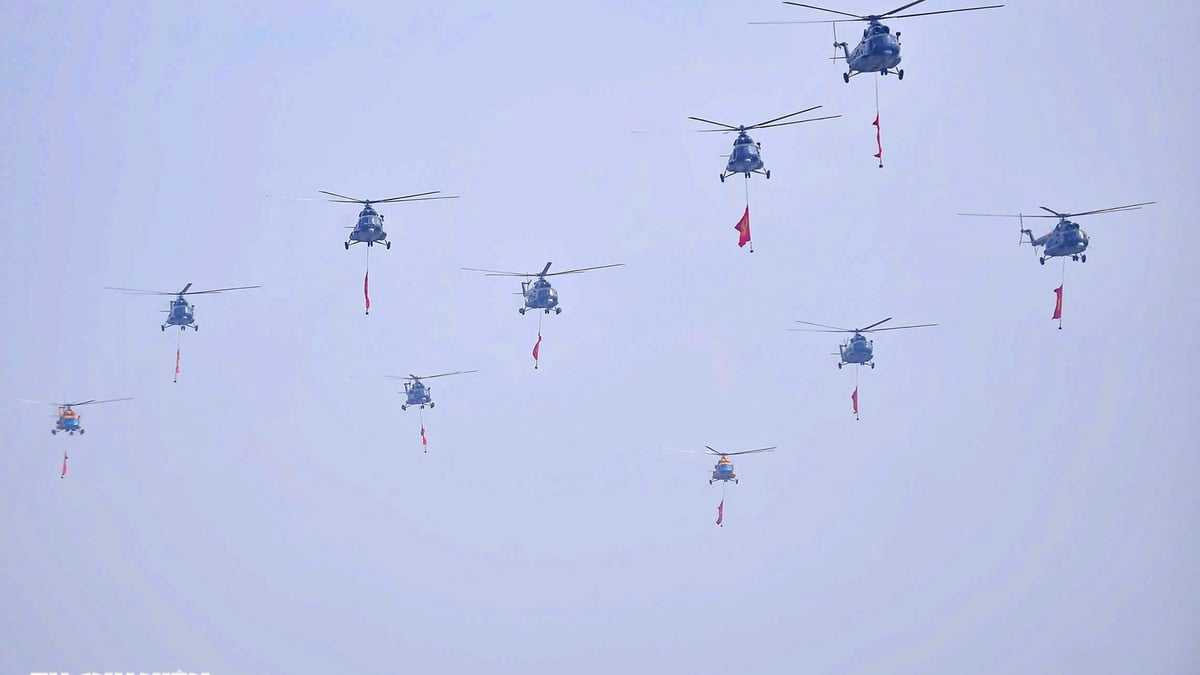
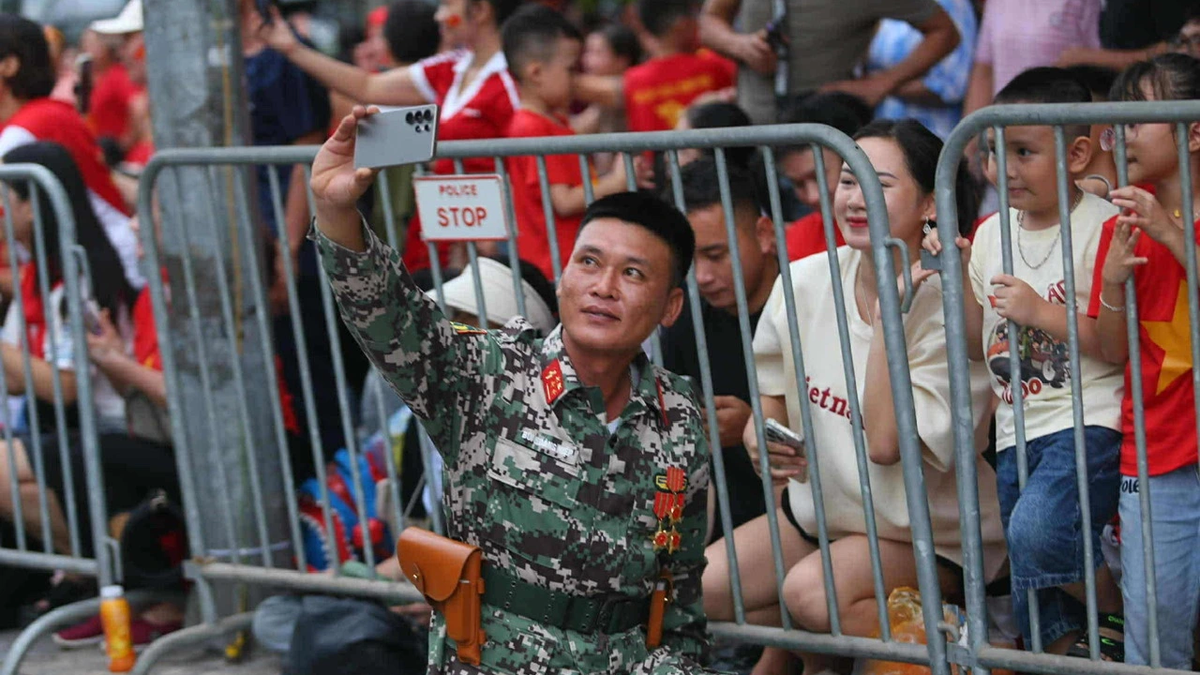
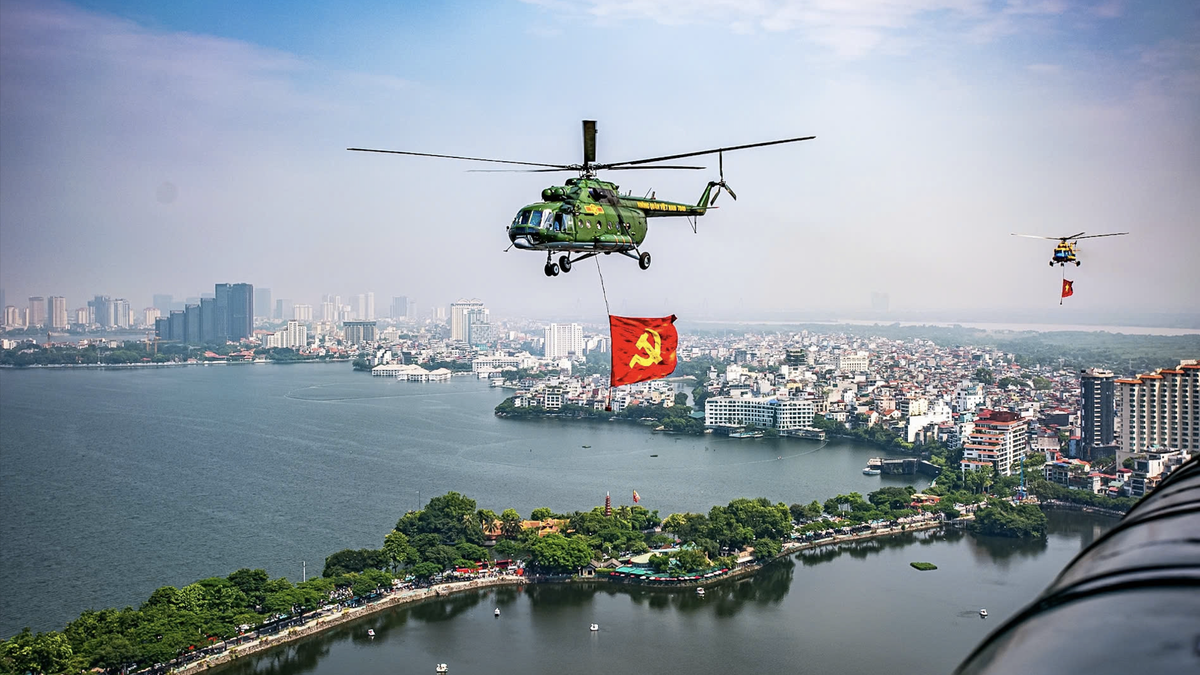
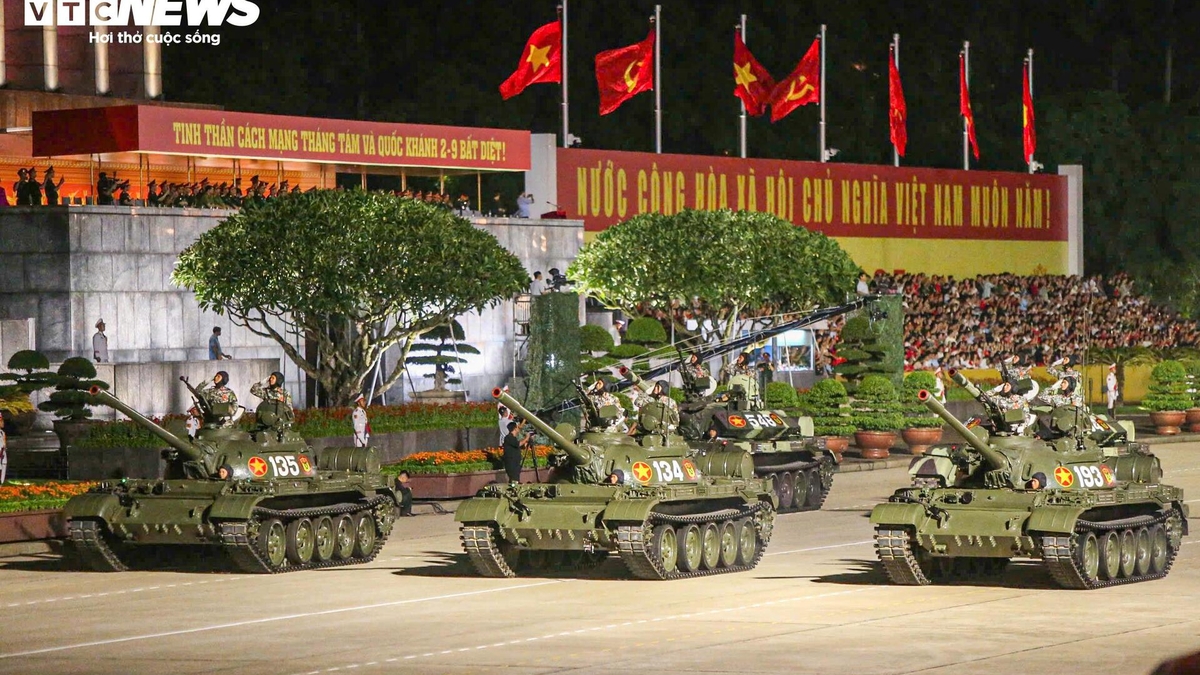
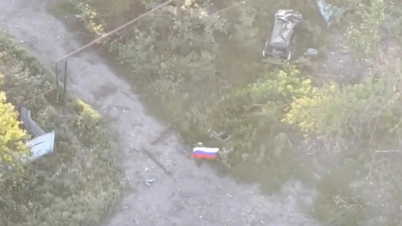

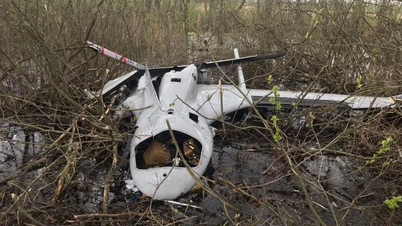

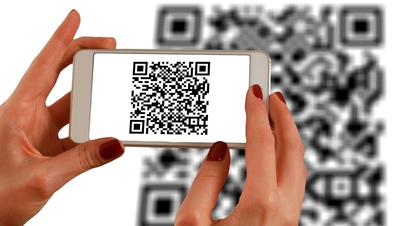

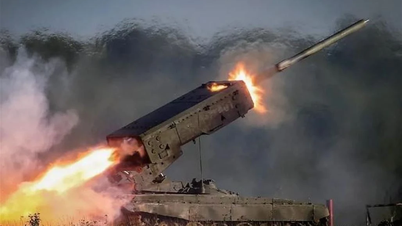



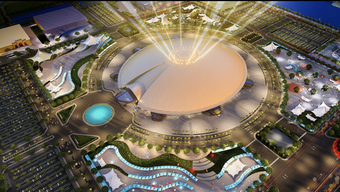

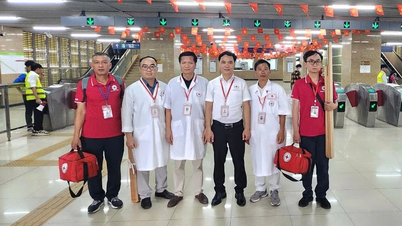
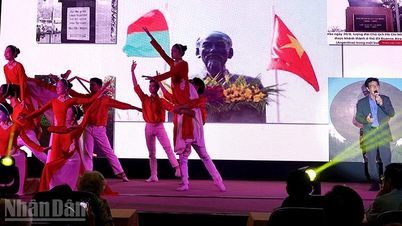
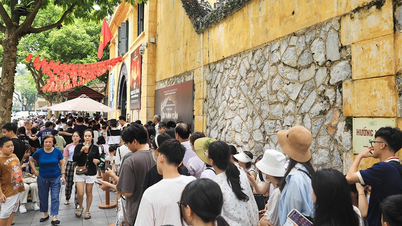

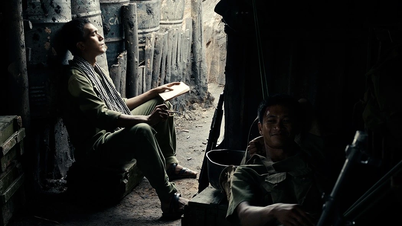

















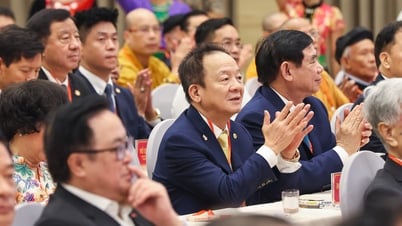












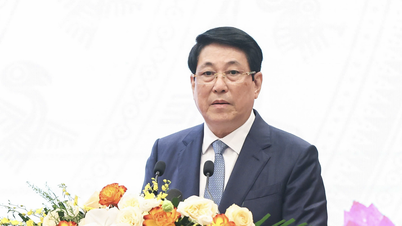








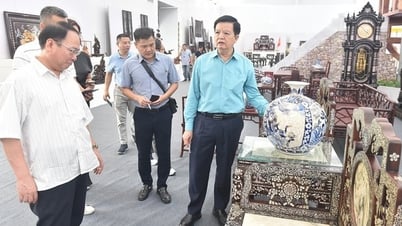









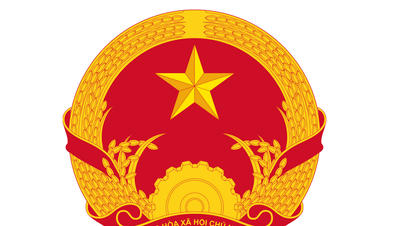
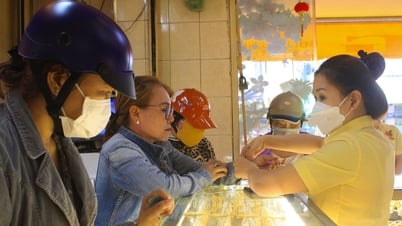



















Comment (0)